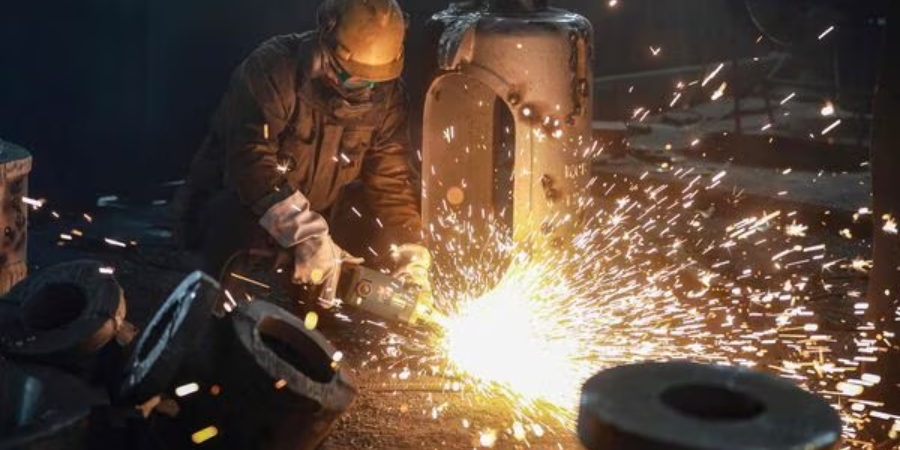India–US Trade Tensions Rise Over Steel and Auto Tariffs NMDC Limited reports a 38% drop in Q4 FY24 consolidated net profit RINL to Raise $23 Million Through Land Sales Amid Crisis

In recent years, the dynamics of the global steel industry have been significantly influenced by Chinese steel exports. India, as one of the world's largest steel producers and consumers, has been particularly affected by the influx of Chinese steel into its market. The competition from cheaper Chinese imports has not only impacted the margins of Indian steelmakers but has also had ripple effects across various user industries.
Despite India imposing a 7.5% import duty on steel and incurring additional logistics costs, Chinese steel has remained 5–10% cheaper than locally produced steel for a significant part of the fiscal year 2024. This has constrained the ability of Indian steelmakers to raise prices, thereby squeezing their margins. Companies like JSW Steel, Tata Steel, Jindal Steel and Power, and the Steel Authority of India have reported margin pressures due to the competitive pricing of Chinese steel.
The impact of Chinese steel exports extends beyond the steel industry, affecting user industries such as consumer durables, automakers, and infrastructure and construction companies. The lower cost of steel has been a boon for these industries, helping to reduce their input costs and improve their competitiveness. However, it has also posed challenges, particularly for industries that rely heavily on domestic steel production.
The fluctuation in steel prices has been a key concern for Indian companies and user industries. The average prices of benchmark hot-rolled coils of steel (HRC) in India fell from around ₹57,900 per tonne in September to just over ₹54,000 in February, according to data from SteelMint. This price decline has been attributed in part to the impact of cheaper Chinese steel on the market.
The future trajectory of Chinese steel exports will continue to be a critical factor influencing the Indian steel market. Any stimulus measures by the Chinese government to revive its infrastructure sector could lead to an increase in steel prices globally. This would have a direct impact on the margins of Indian companies and user industries, as they would face higher input costs.
User industries are already feeling the impact of higher commodity prices, including steel. Maruti Suzuki, India's largest carmaker, increased prices in January, citing higher commodity prices as one of the reasons. The company's move highlights the challenges faced by user industries in managing their costs amid volatile steel prices.
The global steel market has also been affected by China's weak domestic demand, which has led to an increase in steel exports. China's real estate sector, a major consumer of steel, has been struggling since the COVID-19 pandemic, further contributing to the oversupply of steel in the global market. As a result, a significant amount of Chinese steel has been directed towards international markets, including India, putting pressure on domestic steel prices.
However, the situation has started to improve since November, with Chinese steel export prices increasing slightly due to higher input costs of iron ore and coking coal. The future of the Indian steel market will depend on various factors, including Chinese government stimulus measures and the revival of China's real estate sector. Monitoring these factors will be crucial for Indian companies and user industries to navigate the challenges posed by Chinese steel exports and ensure sustainable growth in the coming quarters.
Also Read : Budget Boost: 11% rise in Infrastructure spend drives hope in Indian Steel Sector Global vs Indian Steel Demand – A Diverging Path in 2025